There is nothing that war has ever achieved that we could not better achieve without it
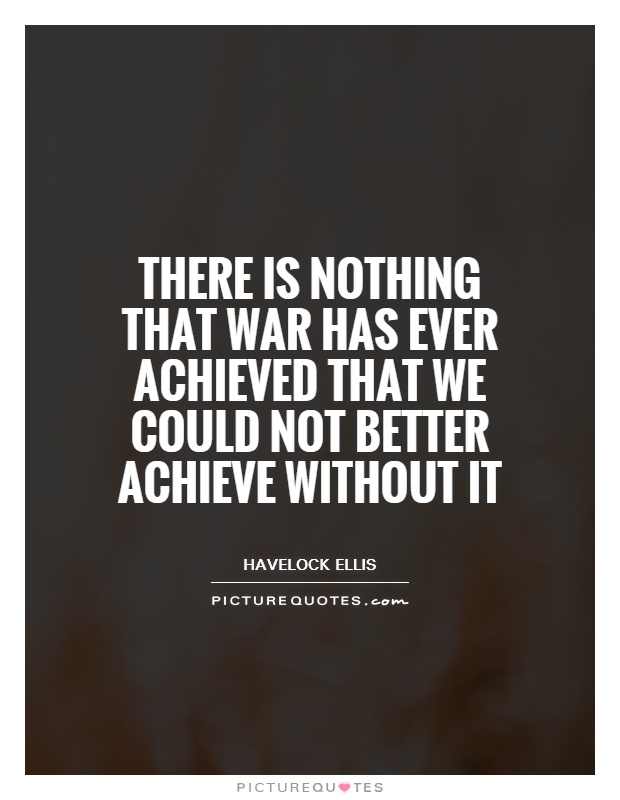
There is nothing that war has ever achieved that we could not better achieve without it
Havelock Ellis, a British physician and psychologist, was a prominent figure in the late 19th and early 20th centuries who advocated for social reform and the promotion of peace. One of his most famous quotes, "There is nothing that war has ever achieved that we could not better achieve without it," reflects his belief in the futility and destructiveness of war as a means of resolving conflicts.Ellis was a staunch pacifist who believed that war only served to perpetuate violence and suffering, rather than bringing about lasting peace and prosperity. He argued that the resources and energy spent on waging war could be better utilized in addressing the root causes of conflict, such as poverty, inequality, and injustice. By investing in education, healthcare, and social welfare programs, Ellis believed that societies could create a more just and equitable world without resorting to violence.
Throughout his career, Ellis was a vocal critic of militarism and imperialism, which he saw as manifestations of the destructive nature of war. He believed that the glorification of war and the dehumanization of the enemy only served to perpetuate cycles of violence and hatred. Instead, Ellis advocated for dialogue, diplomacy, and cooperation as the most effective means of resolving conflicts and building a more peaceful world.
In the context of Ellis's work, the quote "There is nothing that war has ever achieved that we could not better achieve without it" serves as a powerful reminder of the need to reject violence and embrace nonviolent solutions to global challenges. By promoting empathy, understanding, and cooperation, Ellis believed that individuals and societies could overcome their differences and work together towards a more peaceful and harmonious world.




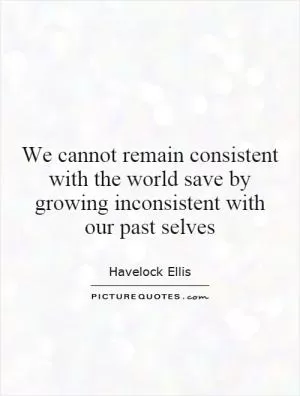

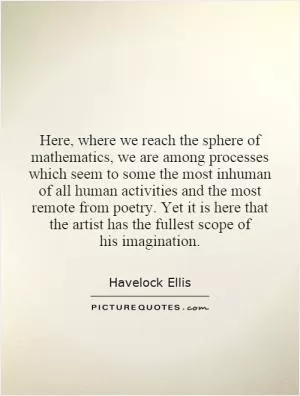
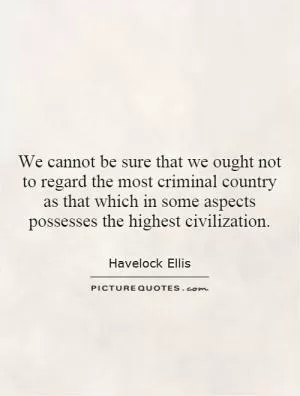
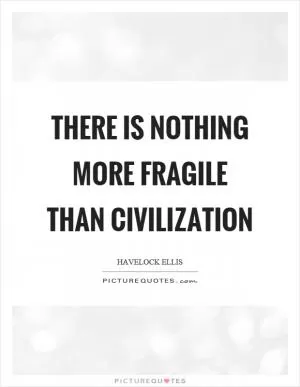

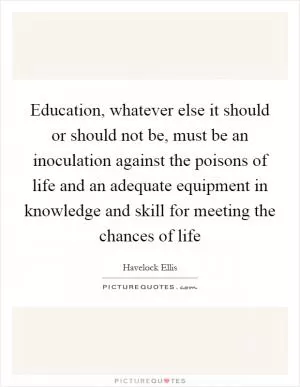
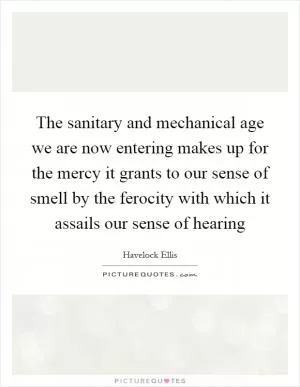
 Friendship Quotes
Friendship Quotes Love Quotes
Love Quotes Life Quotes
Life Quotes Funny Quotes
Funny Quotes Motivational Quotes
Motivational Quotes Inspirational Quotes
Inspirational Quotes